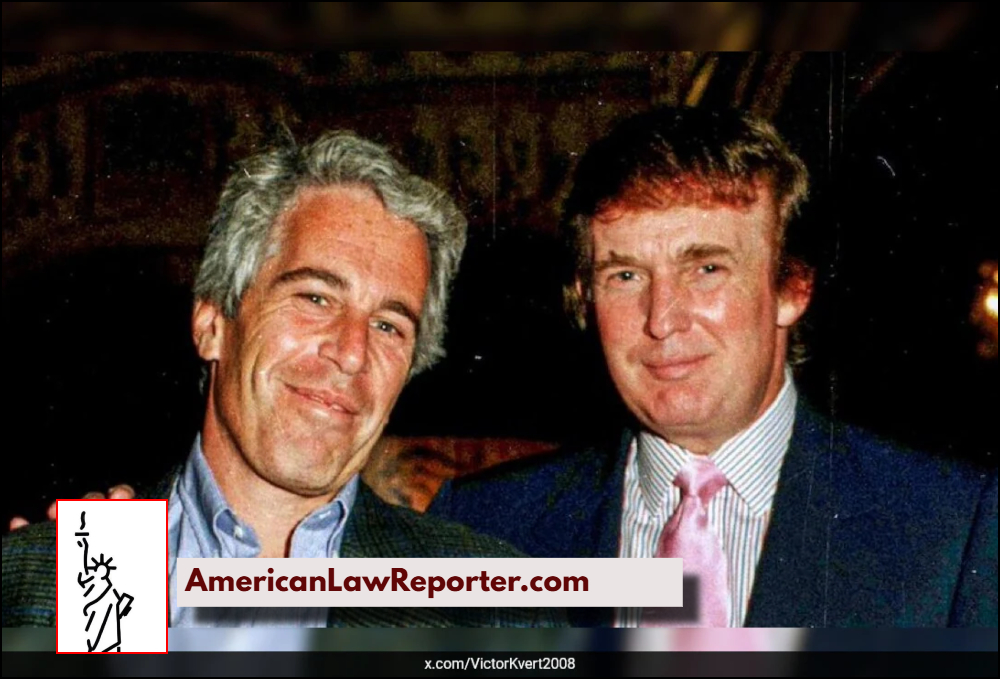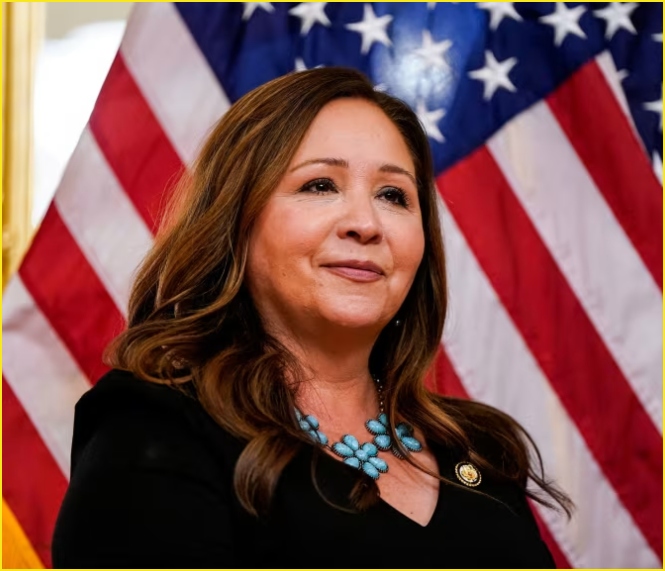Just hours after a dramatic release of internal emails from the late sex offender Jeffrey Epstein flashed a serious new allegation that Donald Trump knew about Epstein’s trafficking of underage girls, the U.S. House welcomed its newest member, Adelita Grijalva.
She was sworn in Wednesday, Nov. 12, 2025, and poised to cast the decisive vote to force open the files in Congress’ long-running Epstein investigation.

Explosive Emails Raise Trump Questions
According to a press release from the House Oversight and Government Reform Committee, the newly released correspondence includes:
- A 2011 email in which Epstein wrote to his associate Ghislaine Maxwell that “that dog that hasn’t barked is Trump … [victim] spent hours at my house with him” and “he has never once been mentioned.”
- A second email in 2019 in which Epstein claimed: “Of course he knew about the girls as he asked Ghislaine to stop.”
These messages, disclosed by Democrats on the committee, indicate a previously unknown level of alleged knowledge by Trump regarding Epstein’s activities — a claim that has not been publicly substantiated by the Department of Justice. Trump and the White House have repeatedly denied wrongdoing.
Grijalva’s Swearing-In Unlocks Congressional Action
The timing of the emails was echoed on Capitol Hill by the swearing-in of Representative Adelita Grijalva (D-AZ), following a 50-day delay in seating her. Her introduction to the chamber enables Democrats to advance a discharge petition — a procedural maneuver to bypass leadership and force a vote on the full release of Epstein-related files held by the DOJ and other agencies.
“For weeks I’ve been a ‘tourist with an office’,” Grijalva told CNN in remarks ahead of the vote. Until Wednesday, her Arizona district lacked full congressional representation; now she holds one seat of leverage in a fight that spans justice, transparency and power.

What’s At Stake
The files in question reportedly include flight logs, Epstein’s “black book” of contacts, bank records and a controversial 2003 birthday album filled with letters from the powerful — including, alleged by some media reports, a message from Trump.
Democrats argue the documents are key to answering two fundamental questions: How far did Epstein’s network extend, and what did Trump or the federal government know? Republicans counter that the disclosures are selective and politicized.
If Congress votes to compel full release, the result could reopen legal and political exposure for Trump, raise pressure on the White House and DOJ, and bring renewed attention to survivor justice in the Epstein case.
White House Responds
The White House has dismissed the newly released emails that raise fresh questions about Trump’s relationship with Epstein and how much he knew about Epstein’s abuse of underage girls.
Karoline Leavitt, White House Press Secretary, made the following comments on Wednesday:
“These emails prove absolutely nothing other than the fact that President Trump did nothing wrong. And what President Trump has always said is that he was from Palm Beach and so was Jeffrey Epstein. Jeffrey Epstein was a member at Mara Lago until President Trump kicked him out because Jeffrey Epstein was a pedophile and he was a creep.”
Power, Secrecy and Transparency
This story is about more than individual allegations — it is about how institutions wield power and how democratic systems respond when secrecy appears to protect the elite. The release of the emails, while dramatic, raises more questions than answers. Without full context or verification, the claims remain allegations.
Grijalva’s presence in Congress could be pivotal. A discharged vote on the files would shift control from committee politics to the full floor, leaving GOP leadership fewer routes to shield or delay disclosure. For Democrats, the issue isn’t just scandal — it’s a test of institutional integrity.
But the road ahead is thorny.
Legal battles over redaction, privacy, criminal liability and presidential records will take months to play out. Meanwhile, for survivors of Epstein’s network and the public watching, the release of files is a moral imperative, not simply a political tactic.
